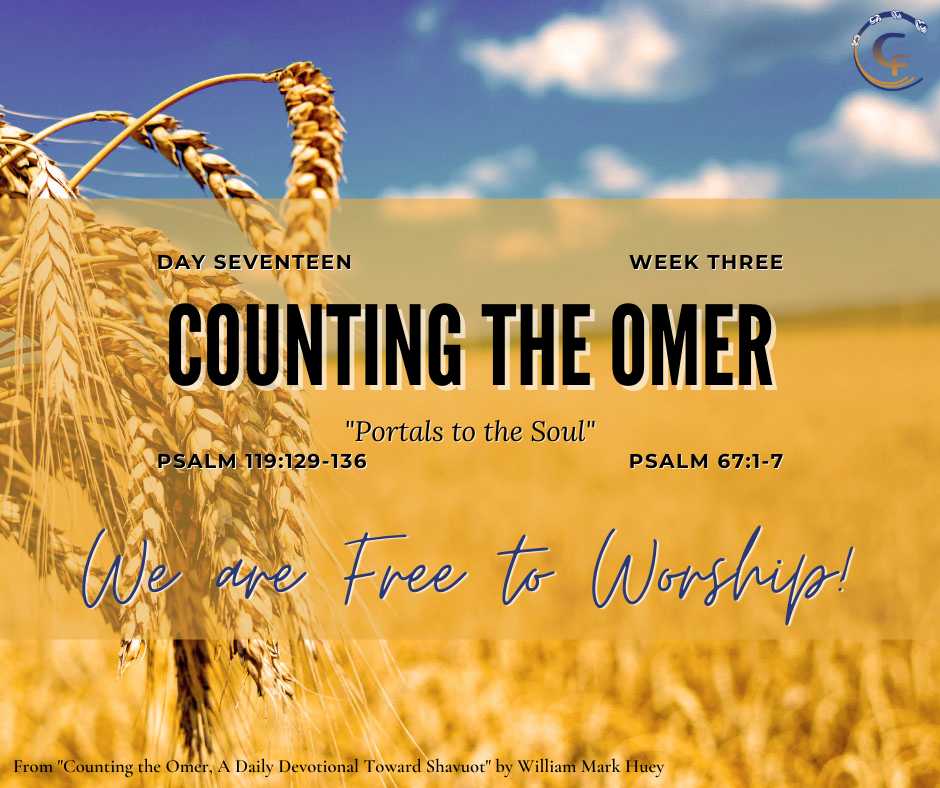Watch
Events
Articles
Market
More
https://open.spotify.com/track..../1MDyKnYSaycT63JZ3ha



Ecclesiastes 7;1, “A good name is better than precious ointment; and the day of death better than the day of one's birth.” What is in a name? We see the meaning of names in the Bible, and even today parents will name a child something that is meaningful to them. Many believers today use pseudonyms for their social media accounts, trying to hide their identity from others. What kind of witness is that to the unbelievers? What else do we wish to conceal? There are several reasons for people to hide their true identity but if we are to carry a message of truth to the world, Maybe we should consider being honest about who we are when we deliver the Creator’s message of truth. Luke 1:19, “The angel answered him, “I am Gabriel. I stand before God. God sent me to talk to you and to tell you this good news.” We should be as bold as Gabriel and let people judge who we are for who we are. If people think we have something to hide, why should they believe the message we are given to deliver?



Join #pastormike today as he continues to Count the Omer towards #shavuot.
Week Three, Day Sixteen
Today's Reading
Psalm 67:1-7
Psalm 119:129:136
Mark your calendars for the FREE TO WORSHIP service on June 5th at 4PM on the Corner Fringe Ministries Youtube Channel.
Get the book today!
Counting the Omer, a Daily Devotion Toward Shavuot
William Mark Huey
#messianic #messianic #yeshua #yeshua #yeshuaisking #dailydevotion #dailydevotions #dailydevotionals




Join #pastormike today as he continues to Count the Omer towards #shavuot.
Week Three, Day Sixteen
Today's Reading
Psalm 67:1-7
Psalm 119:129:136
Mark your calendars for the FREE TO WORSHIP service on June 5th at 4PM on the Corner Fringe Ministries Youtube Channel.
Get the book today!
Counting the Omer, a Daily Devotion Toward Shavuot
William Mark Huey
#messianic #messianic #yeshua #yeshua #yeshuaisking #dailydevotion #dailydevotions #dailydevotionals




Join #pastormike today as he continues to Count the Omer towards #shavuot.
Week Three, Day Sixteen
Today's Reading
Psalm 67:1-7
Psalm 119:129:136
Mark your calendars for the FREE TO WORSHIP service on June 5th at 4PM on the Corner Fringe Ministries Youtube Channel.
Get the book today!
Counting the Omer, a Daily Devotion Toward Shavuot
William Mark Huey
#messianic #messianic #yeshua #yeshua #yeshuaisking #dailydevotion #dailydevotions #dailydevotionals




#readmethebiblegarth now includes a new recording of Psalm 1-69 in Hebrew with translation, and in the Lawful Literal Version, here: https://youtube.com/playlist?l....ist=PLvpqSEOjm625MyT
The Psalm 22 Hebrew for 2022 recording points out that in this Psalm that Yeshua referred to on the cross, it says God does not hide his face from the suffering one.
The Hebrew for 2022 recordings demonstrate the Grenache tonal reading method for the Hebrew text which brings out the meaningful divisions of verses, according to semantic meaning of the cantillation marks found in the Masoretic text.



Thought for Today: Tuesday May 03: Day 17 of the Omer:
May the wonder of Moshiach’s very Personal Love for you overwhelm you and make your knees weak today. May the reality that He came to earth to seek and save the lost give you a heart for those who have lost their way. May the Power of His Spirit in you compel you to walk by faith and not by sight. May the promise of His Unconditional Love compel you to dream big, take risks and give generously. May you wear His Grace like a beautiful robe, may you trust your missteps to Him and may you trust Him to transform you from the inside out. A very blessed day to everyone on TTN.



Oh my word... PRAISE YAHUWAH! https://www.thegatewaypundit.c....om/2022/05/breaking-



Parable #17. Valuable Pearl (Kingdom of Heaven):
https://ha-mashiach.com/messia....h-in-yom-habikkurim/



